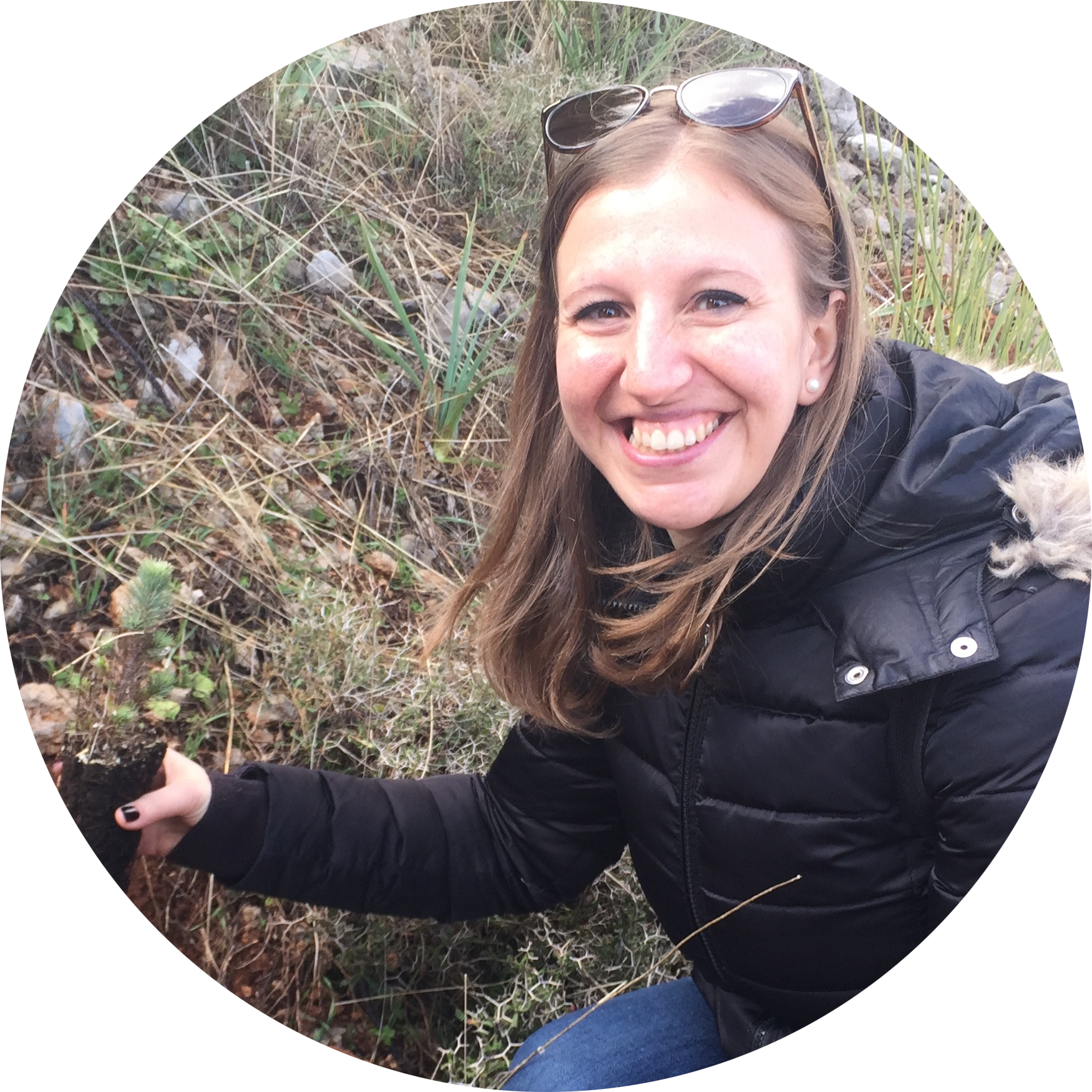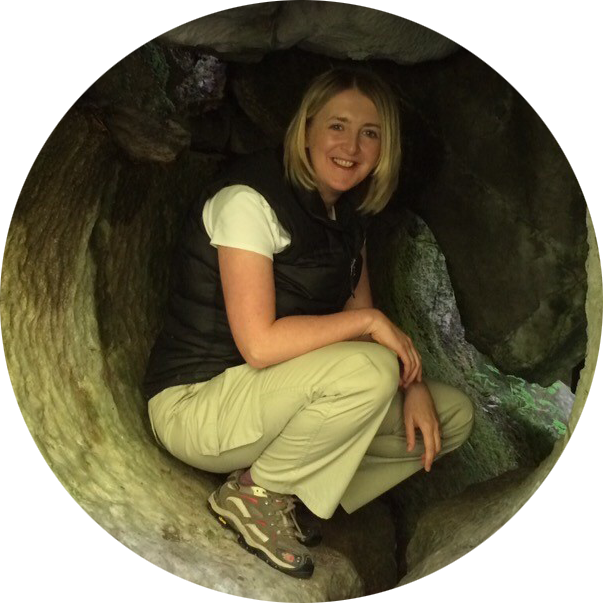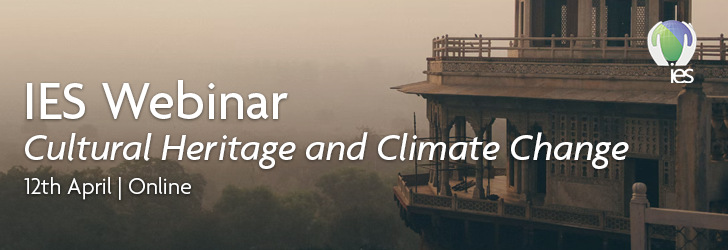Climate change is one of the most significant challenges of our time: global warming is causing the rise of extreme weather events and natural disasters, declining diversity of life on earth, increased disease and threats to health, loss of lives, mass displacement, and major impacts on livelihoods and human rights. However, the impact of climate change on cultural heritage (tangible and intangible) is often overlooked, as is the role that cultural heritage can play in adaptation and mitigation to climate change.
This webinar, co-organised in collaboration with PRAXIS, a research project at the University of Leeds funded by the Arts and Humanities Research Council, and the UK National Commission for UNESCO, explores the interconnections between cultural heritage and climate change. On the one hand, it presents the international framework on this topic defined through a series of international agreements, such as the United Nations’ 2030 Agenda and the Sustainable Development Goals, the Paris Agreement on Climate Change and the outcomes of the 26th United Nations Climate Change Conference of the Parties (COP26).
On the other hand, it discusses concrete academic and practical case studies connecting heritage and climate change. It provides examples from the UNESCO Global Geopark Network and key findings from a research project led by the University of Edinburgh, showcasing the potential of long-term archaeological and heritage datasets to inform and support human adaptation and contemporary responses to climate change.
Programme:
12:30 - 12:35 | Welcome and introduction by Dr Francesca Giliberto, Post-doctoral Research Fellow at PRAXIS, University of Leeds
12:35 - 12:40 | Setting the international framework by James Ömer Bridge, Chief Executive Officer and Secretary-General of the UK National Commission for UNESCO
12:40 - 12:50 | UNESCO Global Geoparks by Kirstin Lemon, Geological Survey of Northern Ireland / British Geological Survey
12:50 - 13:00 | Past Environments, Future Challenges: Fossil Insects and the Preservation of Environmental Evidence from Egyptian Archaeological Sites by Dr Eva Panagiotakopulu, Senior Lecturer, School of Geosciences, the University of Edinburgh
13:00 - 13:15 | Q&A session chaired by Dr Francesca Giliberto, Post-doctoral research fellow at PRAXIS, University of Leeds
Our speakers
 James Ömer Bridge, Secretary-General and CEO UK National Commission for UNESCO (The United Nations Educational, Scientific and Cultural Organisation).
James Ömer Bridge, Secretary-General and CEO UK National Commission for UNESCO (The United Nations Educational, Scientific and Cultural Organisation).
James runs the UK's National Commission for UNESCO (UKNC) and represents it as Secretary-General at UNESCO headquarters. He works with the UK's UNESCO sites and designations and the global network of 199 National Commissions for UNESCO. Prior to joining the UKNC, James worked in the UK and Brussels at a variety of national and international NGOs, international organisations, an Internet company and regulatory bodies. He was a speaker at PRAXIS's/UKNC's Heritage for our Sustainable Future global conference in March 2021 and PRAXIS's Heritage for Global Challenges event in West Bekaa, Lebanon in 2020, highlighting UKNC's research and policy work on heritage and the Sustainable Development Goals and innovation in cultural heritage.
 Dr Eva Panagiotakopulu, Senior Lecturer, School of Geosciences, the University of Edinburgh
Dr Eva Panagiotakopulu, Senior Lecturer, School of Geosciences, the University of Edinburgh
Eva Panagiotakopulu is a palaeoecologist who specialises on Quaternary fossil insects and has worked on biogeography, climate change and human impact from sites ranging from North Africa to the North Atlantic. She has a particular interest in human impact and her work has a strong cultural element, with collaborative research from archaeological projects worldwide. She is interested in communicating the critical importance of the palaeoecological archive for understanding past environments and conserving future ones.
 Dr Francesca Giliberto, Post-doctoral research fellow at PRAXIS, University of Leeds
Dr Francesca Giliberto, Post-doctoral research fellow at PRAXIS, University of Leeds
Dr. Francesca Giliberto is Post-Doctoral Research Fellow at PRAXIS/University of Leeds, where she authored the report on Heritage for Global Challenges and organised the conference ‘Heritage and Our Sustainable Future: Research, Practice, Policy and Impacts’ in collaboration with the UK National Commission for UNESCO. She has also carried out comparative and interdisciplinary research and professional projects for public and private actors on cultural heritage and sustainable development as well as on urban heritage conservation and management in the framework of the UNESCO’s Historic Urban Landscape Recommendation, the United Nations’ Agenda 2030 and the 2015 UNESCO Policy on World Heritage and Sustainable Development.

Dr Kirstin Lemon, Senior Leadership team, Geological Survey of Northern Ireland
Dr Kirstin Lemon is a member of the senior leadership team at the Geological Survey of Northern Ireland, part of the British Geological Survey. Kirstin’s individual expertise is in public engagement and communication and she has worked extensively in geoscience education. A large part of this work involves sustainable geological tourism development and she and has worked with organisations across the UK and Ireland in this field and increasingly more so internationally. Kirstin works extensively with UNESCO Global Geoparks and collaborates closely with both UNESCO in Paris and with the national commissions in both the UK and Ireland. She is currently the Chairperson of both the UK Committee for UNESCO Global Geoparks and the Irish UNESCO Global Geoparks Committee. Much of Kirstin’s work involves using geoscience as a tool for sustainable development and she is presently studying for an MSc in Climate Change and Development to help further this role.


